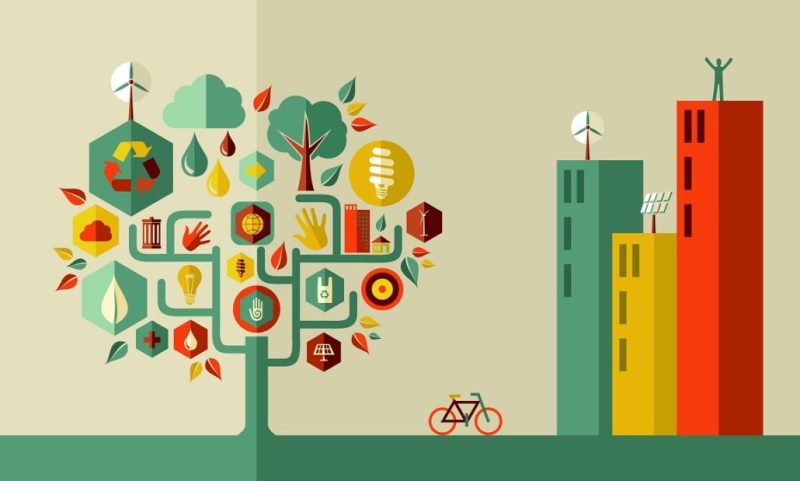SMEs Sustainability: Food And Drink Businesses Target 2021 Growth By Becoming More Sustainable

Categories :
- Four in five (79%) SMEs in the food and drink industry have made improving sustainability credentials a priority for the next 12 months
- Food and drink is the top industry where consumers look for strong environmental credentials before they purchase (33%)
- Third of the British public (36%) now purchasing more sustainable goods and services than they did before
- New E.ON report launches to help SMEs seeking to embrace the green economic recovery
In response to changing consumer demand, four in five (79%) small businesses in the food and drink sector are targeting growth through sustainability and have made ‘becoming more green’ a top business priority for 2021, a new research report from E.ON reveals.
The Covid pandemic has caused a significant shift in consumer behaviour, with more than a third of the British public (36%) now purchasing more sustainable goods and services than they did before. The food and drink industry is where consumers most expect strong environmental credentials, with company websites (39%) and product packaging (36%) being the places they check most frequently for sustainability information.
The demand for sustainability has been noticed across the industry, with over three quarters (78%) of SMEs reporting greater demand for sustainable products and practices from their customers in the last year. Three quarters (75%) said increased pressure to act is even coming from their own staff.
Based on surveys of small business leaders and consumers across the UK, E.ON’s Renewable Returns report looks at the impact of changing consumer and business behaviour, and outlines some of the steps which small and medium-sized businesses can take to capitalise on the ‘green economic recovery’.
The report demonstrates that more needs to be done to support SMEs in the sector. Despite a real and tangible opportunity for small businesses, currently only 30% of food processing firms regularly display their environmental credentials to customers.
Michael Lewis, CEO of E.ON UK, said: “The Covid pandemic has heightened people’s concerns around the climate crisis including the environmental footprint of the products and services we buy and what we can do to improve. It’s clear there is a real opportunity for small businesses in the food and drink industry to embrace the green economic recovery and lead the charge in providing customers with the sustainable products they demand.
“Small businesses are the engine of the British economy, and we can help make sure they’re equipped to take maximum advantage of the green economic recovery – providing the smart, personalised and sustainable solutions they need to be part of the new energy world. That means everything from 100% renewables-backed electricity at no extra cost for our direct customers2, to smart meters and new technologies such as electric vehicle charging, solar panels and battery storage.”
E.ON’s research shows there could be significant commercial gain for small food and drink businesses who can successfully convince customers of their environmental credentials. The results show more than a third (34%) of people have knowingly chosen to pay more for ‘green’ products since the pandemic struck and more than half (51%) think the environmental credentials of a product or service are now just as important as the price they pay for it.
On average, consumers said they are willing to pay 3% more for goods that are sustainable. Based on the average yearly turnover of an SME in 2019 – which was £370,000 according to government figures3 – this increase could be worth as much as £11,100 a year to annual earnings.
E.ON has created the Renewable Returns report as a tool for SMEs seeking information on how to become more sustainable. The report provides a one-stop-shop for information on how to benefit from the green economic recovery and includes eight practical first steps to becoming more sustainable, including how to audit your processes and knowing your supply chain.
Citiesabc was created by a team of global industry leaders, academics and experts to create new solutions, resources, rankings and connections for the world’s top cities and populations.









